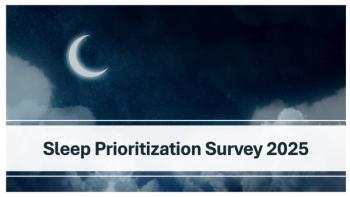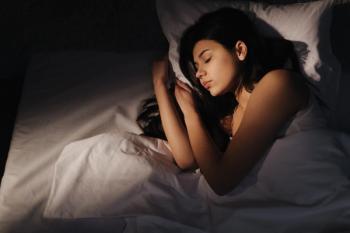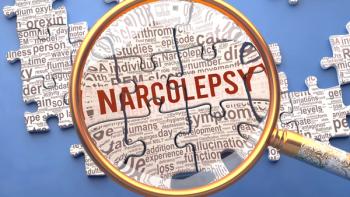
Teenagers and Sleep: 3 Common Beliefs and the Evidence Cited by Harvard Researchers That Show the Beliefs Are Wrong
Researchers at Harvard-affiliated Brigham and Women's Hospital identified common beliefs among parents and caregivers and also evidence showing they were wrong. They say that they hope this kind of research will lead to public outreach and education efforts to turn people away from misinformation.
A recent Harvard sleep health study has debunked several myths related to sleep in adolescents and presented counterevidence to explain healthier sleep habits.
Researchers at Harvard-affiliated Brigham and Women’s Hospital enlisted experts in adolescent sleep to identify common myths and then surveyed parents and caregivers about what they believed and discovered approximately two-thirds believe the top three salient myths about sleep concerning melatonin, altered sleep patterns on weekends and the impact of school start times.
“Adolescents face myriad barriers when it comes to sleep, some of which are physiological and others behavioral,” explains Rebecca Robbins, Ph.D., lead author of the research published in Sleep Health and a researcher in the Brigham’s division of sleep and circadian disorders and an instructor at Harvard Medical School. “Given these challenges, it is critical to reduce any modifiable barriers that stand in the way for young people when it comes to sleep.”
Therefore, the goal of the study was to identify the most common sleep myths in adolescents and inspire future public outreach and education efforts to turn people away from the misinformation and better promote evidence-based beliefs about sleep health.
The researchers chose 10 myths about adolescent sleep using the Delphi method, an approach through the identification of a consensus view across subject experts. This was done through focus groups, online discussions and closed-ended questionnaires.
Overall, 200 parents and caregivers were surveyed about the 10 sleep myths identified most by experts.
The top three beliefs were that going to bed and waking up late on the weekends is no big deal for adolescents, as long as they get enough sleep during that time; that if school starts later, adolescents will stay up that much later; and that melatonin supplements are safe for adolescents because they are natural.”
Although about 75% of parents/caregivers believe weekend sleep has no impact on adolescents, the researchers noted that varying sleep schedules on the weekend — which is commonly referred to as “social jetlag” — does not restore sleep deficits and may disrupt sleep habits. The authors presented studies that showed varying sleep schedules on the weekend can lead to lower academic performance, risky behaviors such as excessive alcohol consumption, and increased mental health symptoms.
Most (69%) of the parents and caregivers had believed that later school starting time would just later bedtimes. But the study author’s noted numerous studies revealing that delayed middle and high school start times resulted in significantly more sleep, with extended sleep in the morning and minimal impact on bedtimes.
And although two-thirds of parents/caregivers surveyed believe melatonin is safe, the researchers pointed out that studies of long-term use haven’t been done, particularly with respect to melatonin’s effects on puberty and development.
The researchers concluded that parents and caregivers have the greatest potential to serve as sleep health advocates for their adolescents and can make a big difference in their adolescents’ sleep health behaviors.
“Our study found that many parents/caregivers endorse myths about adolescent sleep that may hinder their ability to support their adolescent’s sleep health,” Robbins says. “Future research may explore methods for promoting evidence-based beliefs about adolescent sleep among parents/caregivers.”
Newsletter
Get the latest industry news, event updates, and more from Managed healthcare Executive.























